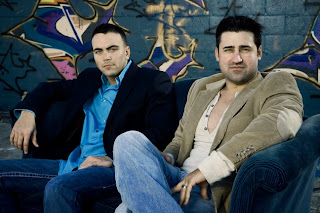Guvera. A word not recognized in the spell check of Microsoft Word, or by any human, until now. An Australian company, which was first launched in the United States this last March, is coming for the chokehold on iTunes.
As we all now, digital piracy cannot, and probably will not be stopped. Illegal file sharing has been going on for quite some time now, and as long as it is around, who would want to pay for any music or movies? Especially in this day and age, where everyone is struggling to just buy food off the McDonald’s dollar menu, people are having a hard time trying to afford 99 cents per song? That is almost one of your meals for that day!
Guvera changes all that, Guvera allows individuals to download their music for free, while the artist still gets paid. The way it works is the artists get paid via the advertisers. In order for you to download your music, you will be required to view multiple ads from companies that are sponsoring the Guvera music website, and paying the artist for the music download as you watch their advertisement.
This is a genius idea, as I mentioned before, no one wants to pay anything for any kind of digital media anymore, so why fight it? Have advertisements placed before a large audience, and have the companies pay the artists for the music downloaded, instead of having the whole world illegally and immorally steal music from artists. Remember, artists are supporting themselves with their music, and if you want to continue to hear great music from your favorite artists, they must be able to make a living. You wouldn’t like it if someone came in to your work and stole your paycheck, now would you?
Reference:
http://www.youtube.com/watch?v=oNwCgJ-Z7rg












